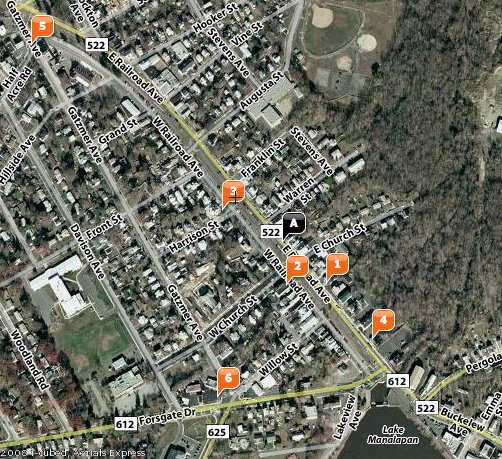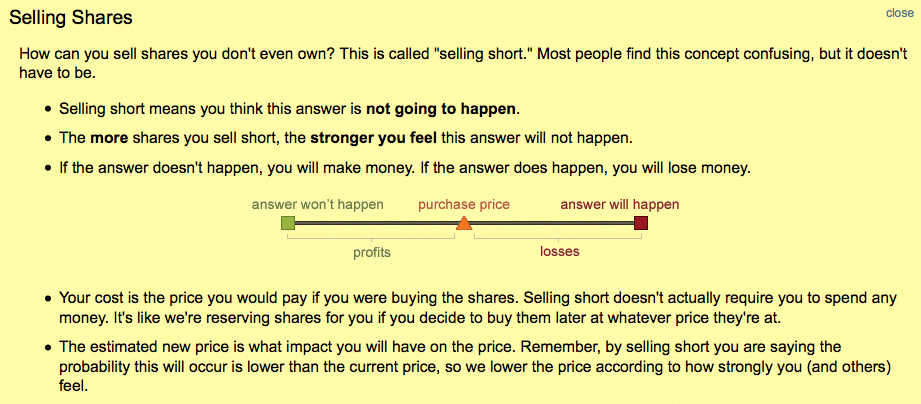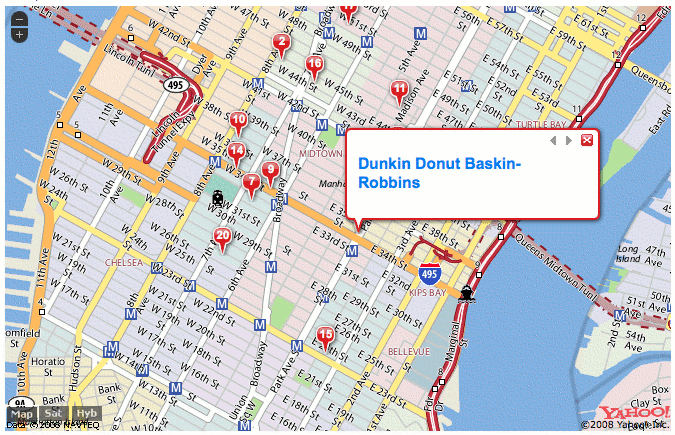Surely no legislature would craft an entire bill just to outlaw one person’s as-yet unprofitable small business?
So when Nick Jenkins, founder of Betcha.com, calls a proposed Washington State law the “Kill Betcha.com Act”, certainly he must be exaggerating, paranoid or both, right?
Actually not. I read the bill, and indeed its sole purpose seems to be to redefine gambling so as to make Jenkins’s company illegal.
First some background. About two years ago, Jenkins, a crazybrilliant lawyer turned entrepreneur, started Betcha.com in Washington State, where gambling is illegal. Betcha.com was a peer-to-peer betting site with a huge caveat: losers didn’t have to pay if they didn’t want to. Because they weren’t necessarily risking money, they weren’t gambling. The Washington State authorities were not amused; they raided the company and jailed Jenkins & co, even extraditing them to Louisiana over seventy cents.
Then, in February 2009, the tide began to turn. Reversing a lower-court decision, the Washington State Court of Appeals vindicated Jenkins and his business model: Honor-based betting was not gambling. The former lawyer had done his homework well and, sure enough, was right all along.
So, some Washington State politicians decided to put the honor back into gambling. They proposed to redefine a bet as risking money on the understanding that you “will or may receive something of value” if you’re right, adding in the crucial two new words “or may”. So far, two attempts to pass the revised wording have stalled, keeping hope alive for an eventual resurrection of Betcha.com.
Apparently Washington State has a history of extreme positions on gambling, including outlawing writing about or linking to gambling websites, despite the standard hypocrisies of supporting state lotteries, horse racing, and Indian casinos.
Jenkins’s new mission is to keep the governor who turned him over to Louisiana authorities off the Supreme Court should Obama nominate her. Christine Gregoire couldn’t have gained a more tenacious and law-savvy enemy.
Thank you Nick Jenkins for continuing to fight when most would have given up long ago. Your hard work and sacrifice brings desperately needed clarity to gambling laws and paves the way for US gamers to someday get the products they want.



